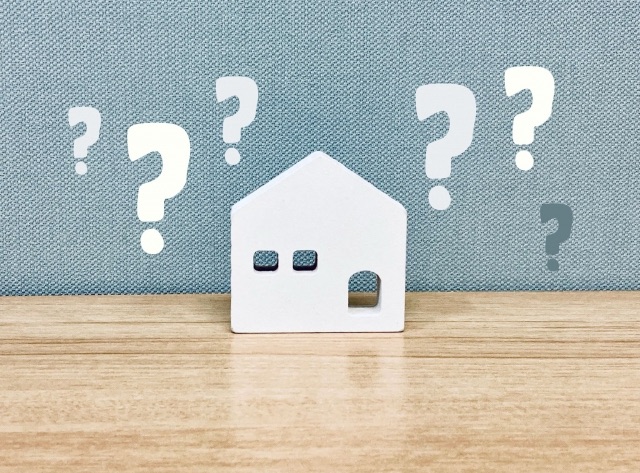- Is Japan Really a Safe Country? A Local Mom’s Honest Perspective
- Japanese Language Tip
Is Japan Really a Safe Country? A Local Mom’s Honest Perspective
Hello, I’m miyabi, a mom of two living in Japan.
Many of my friends abroad ask me, “Is Japan really that safe?” Compared to many countries, the answer is yes — Japan is considered one of the safest countries in the world. But as a mother raising small children here, I’ve noticed that things are changing, and it’s not all perfect. Here’s my honest take.
1. Walking Alone at Night: Still Safe?
I’ve never had a scary experience myself walking at night. But as a woman, I still try to avoid dark, quiet streets. Downtown areas and near train stations are usually well-lit and feel safe, but you should still be aware of your surroundings.
2. Theft in Japan: Rare but Not Zero
Japan has a low theft rate compared to other countries. It’s not unusual for a lost wallet to be returned to the police. But small crimes like bicycle theft or bag snatching do happen, especially in crowded or urban areas. So yes — lock your bike and watch your belongings!
3. Scams: Getting Smarter
Scams targeting the elderly, like “It’s me” phone scams, are still a problem. More recently, scammers are using fake delivery SMS messages to steal information. My own mother-in-law almost fell for one. It’s important to stay informed and help older family members stay alert.
4. Beware of Leaving Belongings Unattended
In Japan, it’s common to leave a bag or phone on a table to “hold” your seat at a café. While this often works safely, in crowded tourist areas, theft can still happen. Don’t assume 100% safety — especially in major cities.
What About Child Safety?
When I was a child, we used to walk to school wearing name tags with our full names. Today, most schools avoid showing names publicly for privacy and safety reasons.
There are also more reports of suspicious individuals approaching children than before. One factor is the weaker connection within neighborhoods. People don’t always know who their neighbors are anymore.
But Communities Still Help
In many areas, we still have something called “flag duty” — local volunteers or parents stand at crosswalks during school hours to watch over the kids. It’s a lovely sign that community care still exists.
Modern Safety Tools for Kids
Many parents now choose to give their kids GPS trackers or keychain devices that allow them to monitor their location. While I personally haven’t done that (my son is still very young), I know many parents who feel more secure with this option.
How Do Parents Teach Safety?
We teach our children basic safety rules: “Don’t follow strangers,” “Ask for help if you feel unsafe,” and so on. Schools also hold safety classes with police officers to teach kids how to protect themselves.
What About After-School Care?
For working parents like us, after-school care (gakudo) is a lifesaver. These programs watch over children after school hours. However, in some areas, there are not enough spaces or hours may be limited. Communities are slowly trying to improve these services.
Conclusion: Japan Is Safe, But Don’t Let Your Guard Down
Yes, Japan is a safe country. But “safe” doesn’t mean “perfectly safe.” As parents, it’s still our job to stay alert, teach our children, and rely on our community.
- Stick to well-lit streets at night
- Be mindful of petty theft and scams
- Teach children how to stay safe
- Use modern tools like GPS if it helps
- Stay connected with your local community
I hope this post helps give a realistic picture of what it’s like raising kids in Japan today.
Written by miyabi – a mom of two living in Japan
Japanese Language Tip
Here are some useful vocabulary words related to safety and crime awareness in Japan.
- 子供(こども) – child (Refers generally to young children.)
- 安全(あんぜん) – safety (State of being safe; opposite of danger.)
- 夜道の1人歩き(よみち の ひとりあるき) – walking alone at night (Often used in safety warnings, especially toward women.)
- 女性(じょせい) – woman / female (Polite and neutral word for adult women.)
- 痴漢(ちかん) – sexual harasser (Usually refers to groping in public spaces like trains; a criminal offense.)
- 防犯(ぼうはん) – crime prevention (Used in contexts like 防犯カメラ = security camera.)
- 不審者(ふしんしゃ) – suspicious person (Refers to someone whose behavior causes concern or fear.)
- 泥棒(どろぼう) – thief (General word for someone who steals physical property.)
- 窃盗(せっとう) – theft (Formal/legal term for the act of stealing; often used in police reports.)




Comment